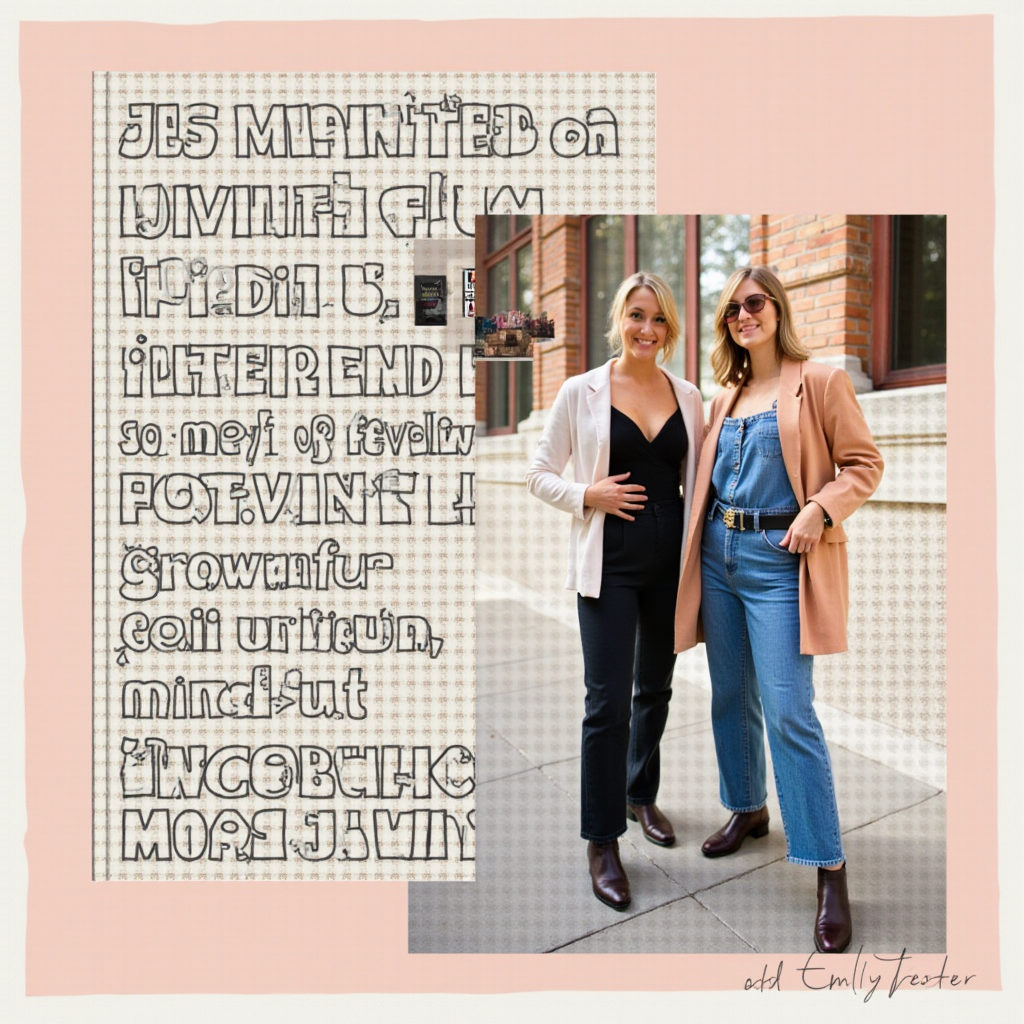Emily Mester’s Latest Book Ushers in a New Perspective on Consumerism

In a world inundated with consumer goods, Emily Mester’s new book, “American Bulk: Essays on Excess,” offers an insightful critique into our shopping habits and the psychology behind them. Through her unique lens, Mester navigates the complexities of bulk buying, retail culture, and familial relationships.
Understanding Consumer Behavior
The tension between owning too much yet wanting more is a common experience in modern society. Emily Mester captures this perfectly in her essay collection that dissects everything from the allure of bulk buying at Costco to the peculiarities of seasonal employment at Ulta Beauty.
The Psychology Behind Bulk Buying
Why do we gravitate towards bulk purchases? Is it merely cost-effectiveness or is there something deeper driving us? Mester’s exploration into this phenomenon reveals that our consumer choices are often more emotional and psychological than they appear.
Costco: More Than Just a Store
- Costco serves as a microcosm of broader consumer culture, representing both efficiency and excess.
- The store’s unique offerings, such as blister-packaged spices or unchanged hot dog prices, offer fascinating insights into standardized consumer expectations.
Family Ties and Consumerism
Mester intertwines her personal experiences with broader themes of consumerism. Her journey begins in graduate school when the mundane act of walking through Costco transformed into an essay exploring its deeper meanings.
A Personal Perspective on Family Shopping Habits
Through Mester’s narrative, we see how family dynamics influence shopping behaviors and vice versa. Her father’s role as a “Costco shopper” becomes a pivotal element in understanding these interactions.
The Impact of Ratings and Reviews
In an era dominated by online ratings, Mester questions the obsession with optimization. She posits that this culture often leads us to believe there is always a “best” option available for every product.
Optimization vs. Spontaneity
The quest for optimal products can lead to overlooking simpler, more spontaneous discoveries. Mester reflects on how ratings and reviews might restrict our ability to appreciate the intangible qualities of a product or experience.
Consumerism in Beauty and Wellness
Mester delves into the beauty and wellness industries, examining how these sectors can encourage overconsumption without necessarily enhancing personal well-being.
The Double-Edged Sword of Skincare Culture
- While skincare provides control and knowledge, it also fosters an obsession with perfection that might not be achievable.
- Mester suggests focusing on the joy of experimentation rather than solely chasing ideal results.